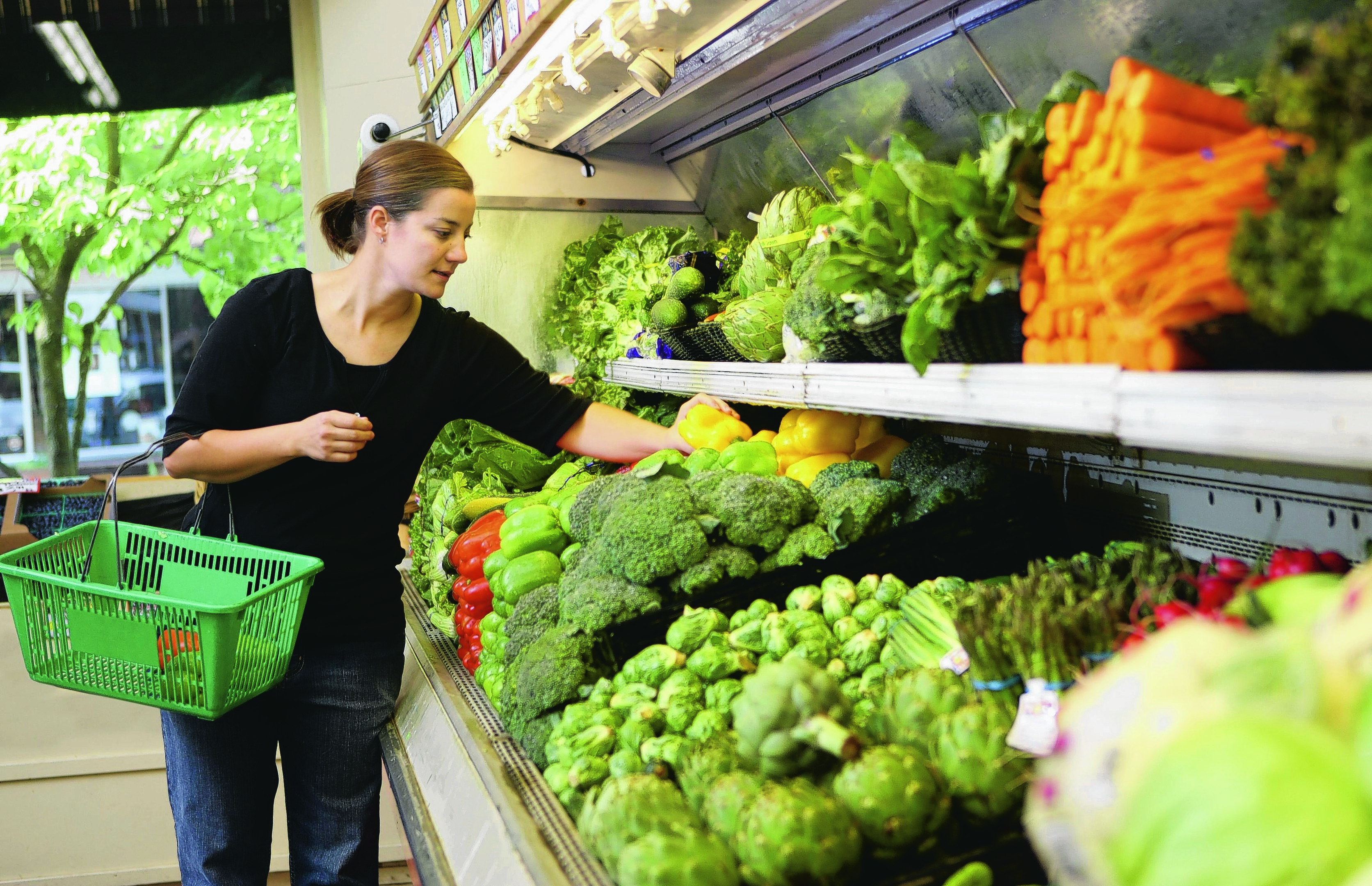One day you read that the saturated fat in butter is bad for your heart, and the next, new research claims it’s better to eat butter than margarine.
To ease your confusion you have a glass of red wine, which studies have shown to have health benefits. And as you drink it, you read that red wine isn’t nearly as good for you as was thought.
All these so-called health studies can be completely baffling.
Tom Sanders, professor of nutrition and dietetics at King’s College London, points out that many studies are trumpeted to launch a book or report, or are hyped up by press officers to get publicity for universities or particular organisations. But he stresses that the tenets of a healthy diet remain the same, eat more fruit and vegetables, wholemeal bread and wholegrain cereal, and less red meat.
“It’s not rocket science,” he says.
Sometimes, information is released, which changes the standard views, but it’s misinterpreted in terms of what the public should do. “Often, they are messages that people like to hear.”
And Durham University public health dietician Dr Amelia Lake points out: “You often have to look behind the headlines at who’s funded the study. Think about the body of evidence, which has taken decades to buildup.”
Still unsure? Let the experts reveal their opinions on some of the conflicting messages…
SATURATED FAT
Avoiding saturated fat in foods like butter, cheese and red meat has long been a cornerstone of a healthy diet. Indeed, a large analysis on dietary fat and cardiovascular risk, published by the respected Cochrane Library in 2011, said replacing saturated fat with unsaturated fat led to a “small but important reduction in cardiovascular risk”.
Yet cardiologist Aseem Malhotra received a great deal of publicity last year when he said that butter, cheese and red meat are not as bad for the heart as has been claimed, arguing in the British Medical Journal that saturated fat has been “demonised” and any link with heart disease is not fully supported by scientific evidence.
THE VERDICT:
“Butter isn’t better.” Sanders stresses.
“Although a bit of butter is OK, you’d be better off with a reduced-fat spread than a lot of butter.
And Lake says: “There’s no body of evidence that says it’s fine to have saturated fat.
“We should be trying to mirror the Mediterranean diet, which doesn’t include saturated fats like butter, and red meat doesn’t feature strongly.”
RED WINE
Red wine has often hit the headlines as being the ‘healthiest’ alcohol choice, with studies claiming that when drunk in moderation, the tipple can help protect the heart, and reduce ‘bad’ cholesterol.
Indeed, the regular drinking of red wine has been suggested as the explanation for the relatively low incidence of coronary atherosclerosis (blocked arteries) in France, compared with other Western countries, despite the generally high intake of saturated fat in the French diet.
Some of red wine’s purported health benefits are thought to come from a chemical it contains called resveratrol, and researchers at the University of Leicester have found that a daily amount of resveratrol, equivalent to two glasses of wine, can halve the rate of bowel tumours.
However, US research published earlier this year suggests red wine may not be as good for you as was thought. The study of nearly 800 men and women from the Chianti region of Italy found dietary resveratrol didn’t translate into fewer deaths, cancers or heart problems.
THE VERDICT:
“Alcohol, including red wine, increases blood pressure,” says Sanders, who points out that, conversely, studies do show wine to be associated with a lower risk of heart disease in moderate drinkers.
“You shouldn’t feel there’s a recommended amount of wine to drink per day. If you drink it moderately and with food, it’s OK, but it’s probably not a good idea to drink every day.”
ORGANIC FOOD
An international study led by researchers from Newcastle University earlier this year concluded that organic food has more antioxidants, which are linked to better health, than regular food, plus lower levels of toxic metals and pesticides.
But an earlier study examining 50 years’ worth of scientific articles about the nutrient content of organic and conventional foods found that organically and conventionally-produced foods aren’t significantly different in their nutrient content.
THE VERDICT:
“If you buy organic food, you’re making a lifestyle choice,” says Sanders.
“In terms of salt, saturated fat, sugar and vitamin levels, it’s not really any different. You might have slightly lower levels of pesticides, but they’re barely detectable in ordinary produce, and they’re not at a level that causes harm.
“The bottom line is that there’s not really any substantial difference – it doesn’t convince me nutritionally.”
COFFEE
In the past, coffee has been blamed for many ills – from aggravating pre-existing conditions, such as migraines and heart arrhythmias, to causing sleep problems and anxiety, as well as claims that it causes heart disease and cancer.
But more recent research suggests coffee may not be so bad after all.
A Harvard study involving more than 130,000 people found no relationship between coffee and increased risk of death from any cause, or death from cancer or cardiovascular disease, even in those who drank up to six cups of coffee a day.
Other studies have suggested coffee may protect against type 2 diabetes, Parkinson’s disease, liver cancer and cirrhosis and Alzheimer’s disease.
THE VERDICT:
“Coffee’s OK,” Sanders says. “But tea is a better beverage overall.”
He reveals that the way coffee is brewed is important, as stronger, unfiltered coffee can raise blood cholesterol. If coffee is filtered, terpenes in it (which are thought to raise cholesterol) are removed.
Dr Lake adds: “We have a good idea of which foods are healthy. People need to use common sense, and be wary of the headlines, because there haven’t been that many groundbreaking discoveries in terms of diet and health recently.
“If you hear something that sounds too good to be true, it probably is.”
